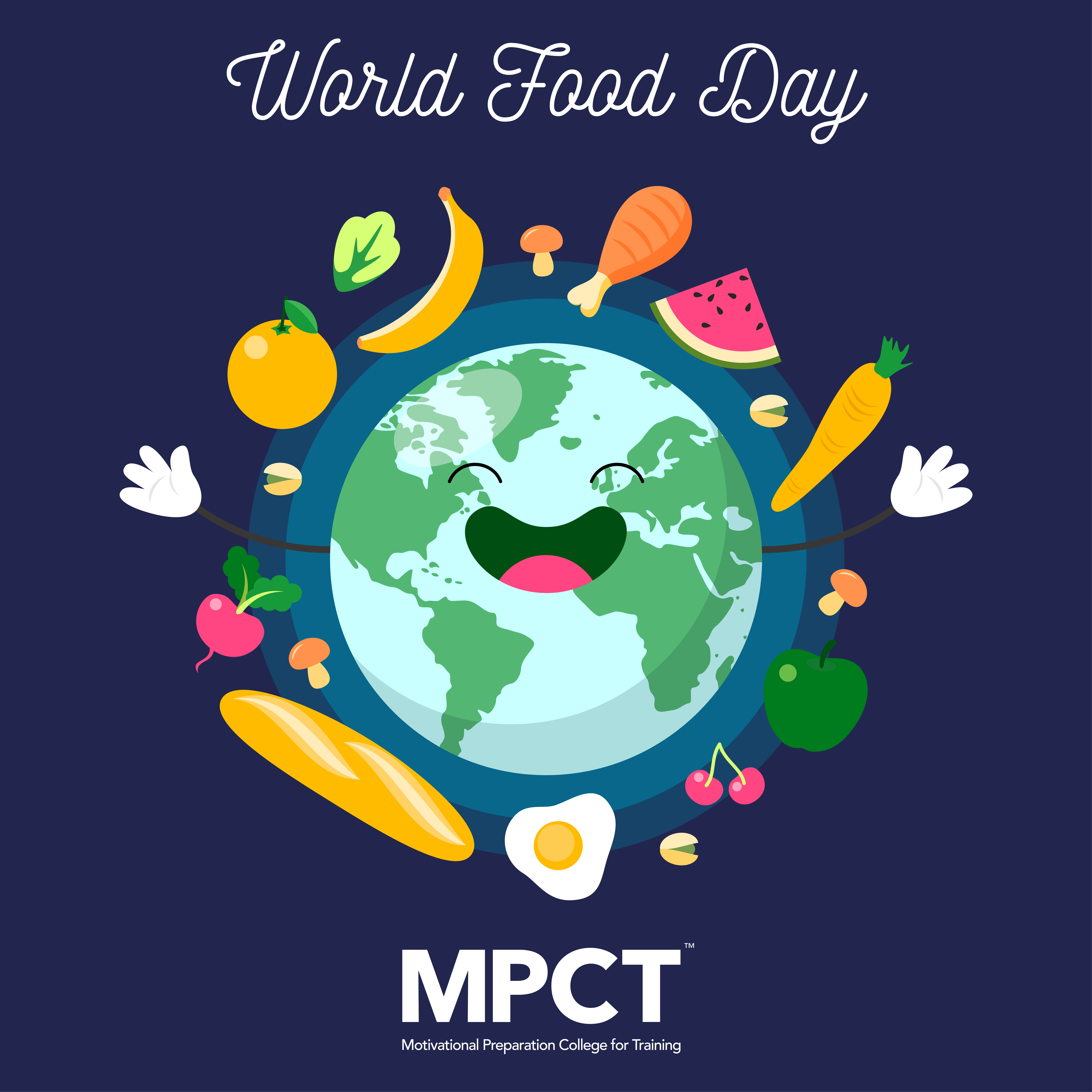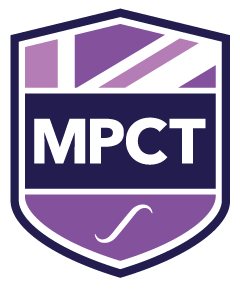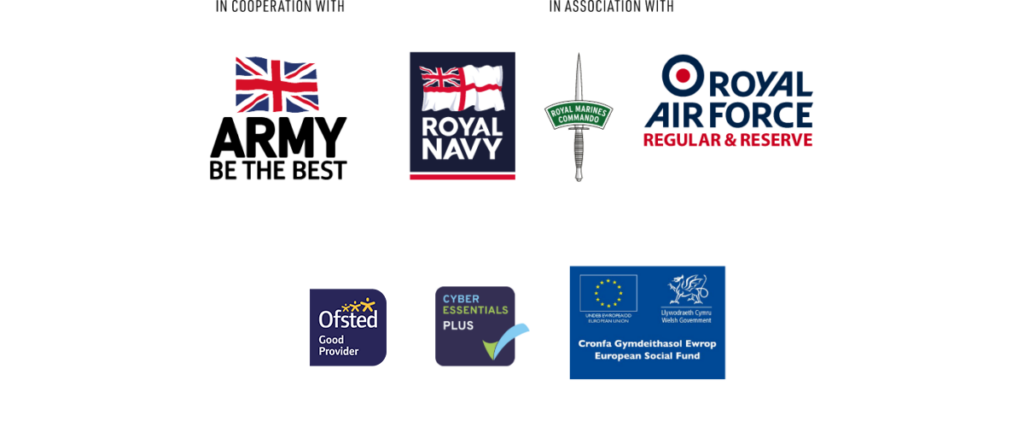
On October 16th every year World Food Day is celebrated around the globe in honour of the founding of the Food and Agricultural Organisation in 1945. It not only celebrates our privilege of amazing food and raising awareness for those who do not have as such, but also as a platform for healthy diets and the nutrients our bodies need to function. This year’s theme is ‘Grow, Nourish, Sustain. Together’, with a focus on appreciating and preserving our access to food during the COVID-19 crisis, as well as supporting food heroes – farmers and workers – who continually make sure food is able to reach our homes worldwide.
Similarly, last year’s theme based around ‘Our Actions Being Our Future’ and ‘Healthy Diets’ is topical everywhere you look in today’s society. Due to globalisation and income growth, our diets and eating habits have changed, shifting to starches, fats, sugars and processed food. People are increasingly relying on supermarket ready-made food and takeaways rather than fresh, homemade meals. As a result, worldwide 670 million adults and 120 million young people aged 5-18 years are obese. A poor diet can also contribute to the onset of various ill health, including heart disease, high blood pressure and diabetes.
At the Military Colleges, Sport & Exercise and Apprenticeships Colleges we’re passionate about the making of you, from effective physical activity to advice on how to keep healthy and strong through good nutrition. Small dietary changes can go a long way, and it’s easier than you think! Try incorporating some of these goals into your daily routine, adding in a new one each week:
- Switch from refined-grain food to whole-grain food (eg whole-wheat bread instead of white)
- Choose a variety of lean protein foods (eg poultry, seafood, dry beans, eggs, nuts and seeds)
- Make half your plate fruits and vegetables – the more colourful, the more likely you’ll be getting the right vitamins and minerals! If you struggle with this, add them to go-to meals eg spinach in pasta or peppers in fajitas.
- Cut back on solid fats – these include any foods containing butter, shortening or processed meats, such as cakes, cookies and pizza. Instead, look at swapping these out for plant-based dairy products, low fat meats like turkey, or fruit-based desserts such as poached pears!
- Eat more fish (eg salmon, tuna and cod) – these are good sources of protein, containing many vitamins and minerals as well as omega-3 fats, which help prevent heart disease.
- Cook your home meals baked or grilled rather than frying!
- Drinking water instead of sugary drinks – with fizzy drinks being a big contributor to added sugar, try some squash in your drink for added flavour, or squash with sparkling water!




